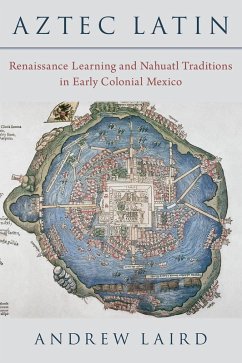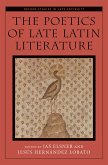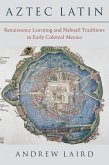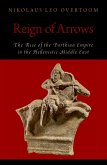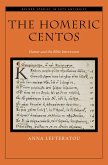In 1536, only fifteen years after the fall of the Aztec empire, Franciscan missionaries began teaching Latin, classical rhetoric, and Aristotelian philosophy to native youths in central Mexico. The remarkable linguistic and cultural exchanges that would result from that initiative are the subject of this book. Aztec Latin highlights the importance of Renaissance humanist education for early colonial indigenous history, showing how practices central to humanism ? the cultivation of eloquence, the training of leaders, scholarly translation, and antiquarian research ? were transformed in New Spain to serve Indian elites as well as the Spanish authorities and religious orders. While Franciscan friars, inspired by Erasmus' ideal of a common tongue, applied principles of Latin grammar to Amerindian languages, native scholars translated the Gospels, a range of devotional literature, and even Aesop's fables into the Mexican language of Nahuatl. They also produced significant new writings in Latin and Nahuatl, adorning accounts of their ancestral past with parallels from Greek and Roman history and importing themes from classical and Christian sources to interpret pre-Hispanic customs and beliefs.
Aztec Latin reveals the full extent to which the first Mexican authors mastered and made use of European learning and provides a timely reassessment of what those indigenous authors really achieved.
Dieser Download kann aus rechtlichen Gründen nur mit Rechnungsadresse in A, B, BG, CY, CZ, D, DK, EW, E, FIN, F, GR, HR, H, IRL, I, LT, L, LR, M, NL, PL, P, R, S, SLO, SK ausgeliefert werden.

